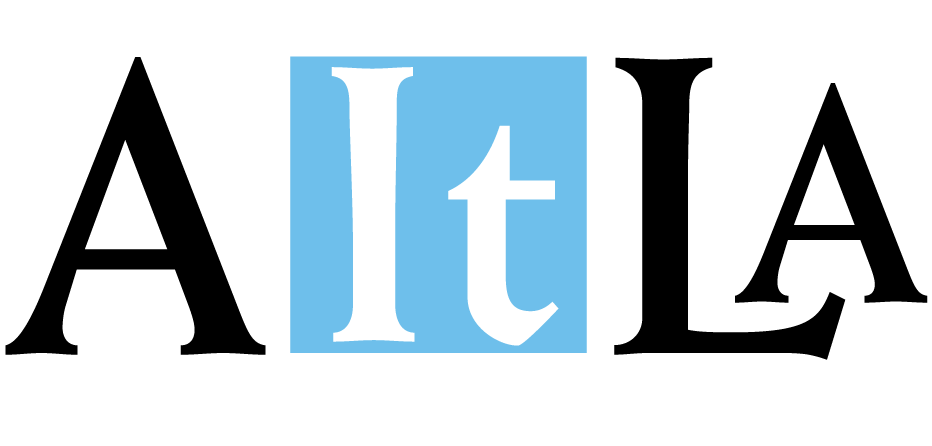Special Issue: Language Resources for Clinical Linguistics
Journal: Language Resources and Evaluation
CALL FOR PAPERS
Guest Editors:
- Gloria Gagliardi, Department of Classical Philology and Italian Studies – University of Bologna
- Marta Maffia, Department of Literary, Linguistics and Comparative Studies – University of Naples “L’Orientale”
In the last decades, a rich and growing body of research has explored the linguistic correlates of medical conditions. While great advances have been made in the profiling of “pathological” speech, several theoretical and methodological issues are still unsolved. What do corpus-based studies of speech and language disorders bring to the table in terms of description and theory, with respect to standardized testing? Can “good practices” be established for the elicitation, collection, transcription, and annotation of clinical linguistic datasets? Since patients’ recordings, transcripts, and written productions are “special categories of personal data” subjected to stringent data-protection safeguards, is data reusability possible?
As a matter of fact, clinical linguistics experiences a chronic lack of reliable data and a recurrent scattering of efforts in resource collection. Furthermore, the approval by ethics committees usually limits the shareability of clinically-valid corpora. Thus, research groups can only develop small linguistic resources, usable for specific purposes explicitly authorized by the research ethics boards.
In this framework, this special issue focuses on the methodologies for collecting linguistic resources – corpora, lexica, database, ontologies – and developing (computational) tools for the annotation of atypical language due to neurodevelopmental or acquired disabilities (e.g., Developmental Language Disorder, Autism, Aphasia, Mild Cognitive Impairment and Dementia, Parkinson's Disease & Parkinsonism, Motor Neuron Disease).
Topics of Interest
The editors invite original, unpublished contributions on topics including but not limited to:
- Corpus-based research in speech-language pathology: acquisition, creation, annotation.
- Identification and use of language resources for clinical applications (e.g., screening, diagnosis, monitoring, and phenotyping of language-related disorders).
- Design of annotation tools for the analysis of ‘atypical’ verbal productions.
- Legal and ethical aspects of language technology: good practices for the collection, treatment, storage, sharing, and dissemination of linguistic data from healthcare settings.
Important Dates
- Call for papers issued: April 2022
- Submissions due: 1 September 2022
- Author notification of acceptance: January 2023
- Final manuscripts submitted: June 2023
Manuscript Submission
Submission of a manuscript implies: that the work described has not been published before; that it is not under consideration for publication anywhere else; that its publication has been approved by all co-authors, if any, as well as by the responsible authorities – tacitly or explicitly – at the institute where the work has been carried out. The publisher will not be held legally responsible should there be any claims for compensation.
Permissions
Authors wishing to include figures, tables, or text passages that have already been published elsewhere are required to obtain permission from the copyright owner(s) for both the print and online format and to include evidence that such permission has been granted when submitting their papers. Any material received without such evidence will be assumed to originate from the authors.
Submission
Please go to https://www.springer.com/journal/10579, follow the hyperlink “Submit manuscript”, and upload all of your manuscript files following the instructions given on the screen (please use the article type “S.I. : Language Resources for Clinical Linguistics”).
Please ensure you provide all relevant editable source files. Failing to submit these source files might cause unnecessary delays in the review and production process.
More details (e.g., paper format, submission procedures, ethical responsibilities of the authors, authorship, and compliance with ethical standards) can be found at the journal website: https://www.springer.com/journal/10579/submission-guidelines.
All enquiries regarding the special issue should be directed to Gloria Gagliardi (Questo indirizzo email è protetto dagli spambots. È necessario abilitare JavaScript per vederlo.) and Marta Maffia (Questo indirizzo email è protetto dagli spambots. È necessario abilitare JavaScript per vederlo.).
